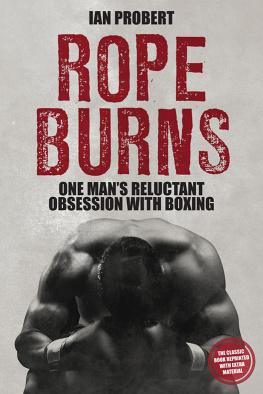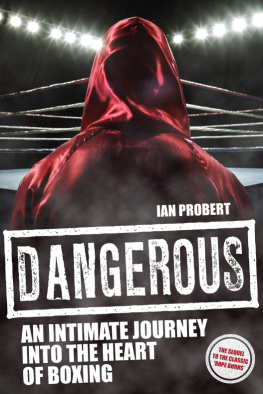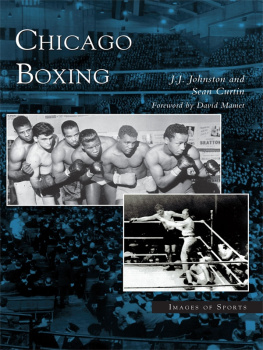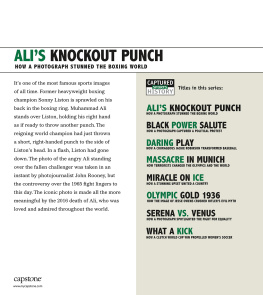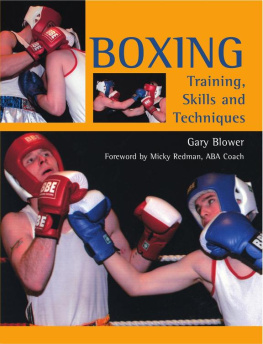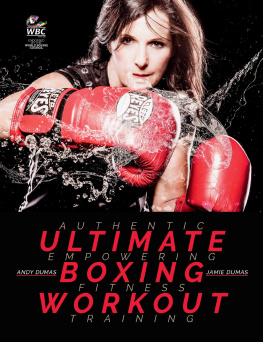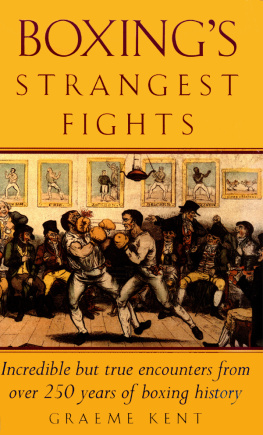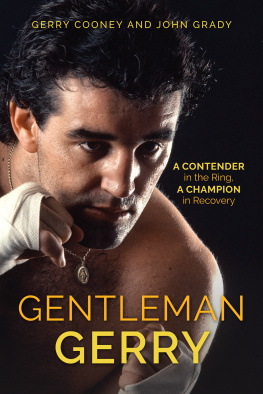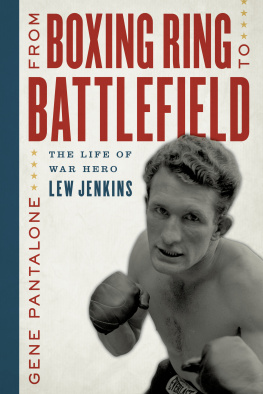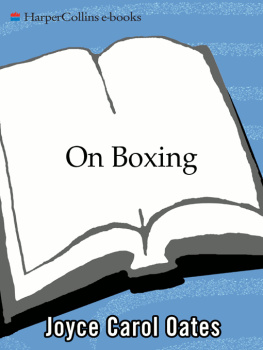First published by Pitch Publishing, 2016
Pitch Publishing
A2 Yeoman Gate
Yeoman Way
Durrington
BN13 3QZ
www.pitchpublishing.co.uk
Ian Probert, 2016
All rights reserved under International and Pan-American Copyright Conventions. By payment of the required fees, you have been granted the non-exclusive, non-transferable right to access and read the text of this e-book on-screen. No part of this text may be reproduced, transmitted, downloaded, decompiled, reverse-engineered, or stored in or introduced into any information storage and retrieval system, in any form or by any means, whether electronic or mechanical, now known or hereinafter invented, without the express written permission of the Publisher.
A CIP catalogue record is available for this book from the British Library
Print ISBN 978-1-78531-200-7
eBook ISBN 978-1-78531-257-1
--
Ebook Conversion by www.eBookPartnership.com
Contents
Foreword
B ACK in 1996 everybody was talking about Nick Hornby. His new novel High Fidelity was a big hit and Fever Pitch, an autobiographical account of life as an Arsenal supporter, was being made into a movie. At the time I had an agent who was determined that I was to follow in Hornbys footsteps. She wanted me to write a book about my experiences as a boxing writer. The result was Rope Burns, which crawled on to the shelves in 1998.
The book was written not without a great deal of resistance on my part. Not least of which was the fact that I had made a conscious decision to distance myself from the sport. There were myriad reasons why I wanted to do this. As well as the fact that I had other ambitions and didnt want to just be seen as a person who could only write about people hitting each other, I was also deeply troubled by boxing itself. Although my close quarters involvement with the sport only spanned a very brief period I had already seen enough of the harm it could do. Id seen a boxer named Rod Douglas suffer brain damage during a fight that ended his career on the day before his 26th birthday. Even worse, Id been deeply distressed by what happened to Michael Watson after his tragic fight with Chris Eubank. These were both people whom I could call friends. One was a man who had frequently been a guest at my small Islington flat when we were both younger. The other came to my thirtieth birthday party. How could I sit and watch as boxing caused such damage to people I knew?
So I abandoned boxing. I went and got a job in one branch of publishing after another. I wrote about music, about technology, about murder even. Many different subjects, most of them long forgotten about. I also started writing books, one of which an embarrassingly lightweight title written on commission over a drunken weekend. This, surprisingly, became a hit in the US and was eventually made into a small independent film. Its success, however, was enough to get agents sniffing around me. And at the urging of one of these people Rope Burns was dragged kicking and screaming into the world.
When I awoke the day after its publication to find the book at number 12 in the nascent Amazon charts I began to believe my own hype. Perhaps, I thought, I really was the next Nick Hornby. I began plotting my next bestseller. However, it was not to be. Despite that fact that the book received some very positive reviews, Rope Burns slipped steadily down the rankings. Within a year or so it was to be forgotten forevermore.
Forgotten, that is, until four or five years ago when I suddenly began receiving messages from admirers of the book. I wouldnt go so far as to call them fans but theyd read the book, liked it and felt the need to tell me theyd liked it. The internet had made it relatively easy for them to track me down. Some of these fans were writers and journalists who had read the book as kids and even though I find this hard to believe apparently been inspired by it. Then in 2014 I heard that Glyn Leach, respected editor of the British-based Boxing Monthly magazine, had unexpectedly died. Having briefly been the editor of that title myself and having worked closely with Glyn for about a year I went along to pay my respects.
There I met faces from the past. Boxers, managers, writers and friends whom I had not seen for close to a quarter of a century. Perhaps it was the emotion of that sad occasion but sitting a pub later crammed full of boxing people both young and old, I felt strangely loved. People were coming up to me and treating me like a long lost brother. People Id never met seemed to know who I was. For the first time in over two decades I began to think about boxing.
Then a lot of threads seemed to untangle themselves at once. Several people contacted me asking if Id be interested in writing about boxing for them. I wrote a piece for the magazine I once edited, Boxing Monthly. Im not exaggerating if I told you that you could have knocked me over with a featherweight if someone had said that Id ever see my name listed in that hallowed title again. I was also persuaded to meet a real, live, living, breathing, eating, sleeping boxer named Frank Buglioni. And when I nervously entered an east London gym to discover him sweating it out on an exercise bike I was instantly transported to 1987 and Michael Watson. Even more inevitably I fell instantly in love with him.
So here then is Rope Burns the story of a very much younger mes very reluctant obsession with boxing. Despite the fact that I still have a number of copies on my bookshelf I must admit to rarely looking at it over the years. I think of it as a diary. And like most diaries it is a huge source of discomfort and embarrassment to the person who wrote it. But strangely enough, its only part one of that journal. The second part Im writing right now. It deals with what happened when I decided to go back and revisit my past. And like all aspects of the sport that is not a sport Im calling it Dangerous.
Ian Probert
Introduction
S OONER or later Im going to have to get around to admitting to myself that there is a certain inevitability to my relationship with the sport of boxing. As ludicrous as it may seem, boxing follows me around. Its like a big brother: it watches what Im doing, it keeps a beady eye on my every movement and throws in a crafty kidney punch whenever the referee isnt looking.
Sometimes, in my darkest moments, it appears from nowhere as a saviour holding a burning sword, but at other times boxing is like an embarrassing item of clothing that you come across in the wardrobe a leather jacket or a pair of trousers that you bought on the cheap years ago from somewhere like Portobello Market which you might, for whatever reason, slip into and parade in front of the mirror and wonder what on earth had possessed you to think that you ever looked cool wearing it.
Ninety-nine-point-nine per cent of the time boxing keeps a discreet distance from me and I try to keep as far away from it as circumstances permit, boxing lets me get on with my life and for a while I even forget that it exists; but every now and then it leaps out at me and catches me unawares. I suppose if I were looking for any proof of boxings omnipresence I only have to examine what Im doing now: freshly-bathed and clean-shaven and sitting in front of a computer keyboard and you will probably find this difficult to believe trying hard (not that hard) to avoid writing about boxing.

